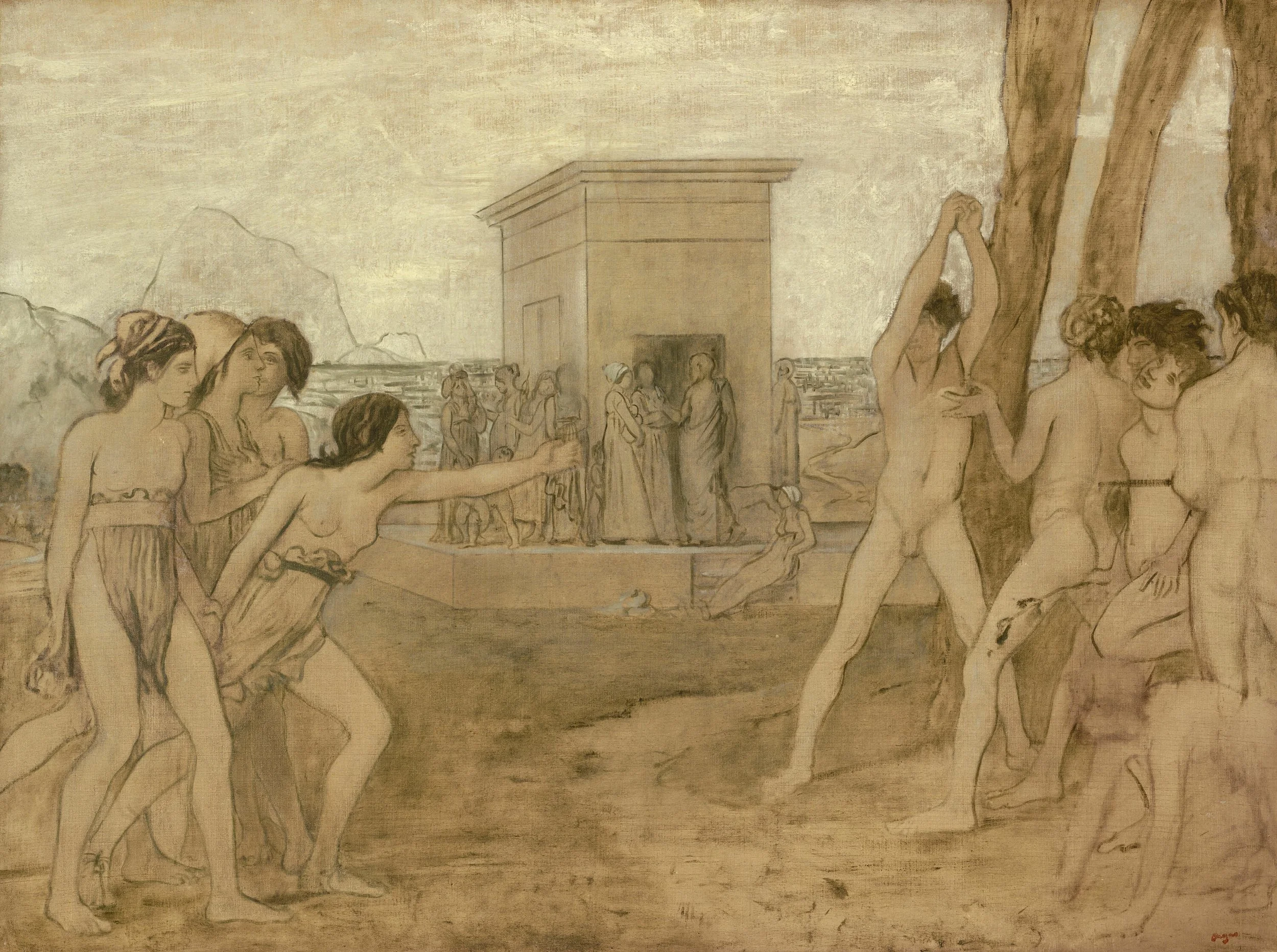LATEST
“Kierkegaard wrote a marvelous thing in Either/Or. He said he feels that when he dies, they are going to ask him only one question, when he gets up there. And the question is, ‘Did you make things clear?’”
What happened was this:
We, the student body, decided to never speak again.
Do we know what film is about today? The ersatz cinema which fills theaters seems to tell us definitively: No. Stone’s film is much more than a cultural product of its time. It’s one of the best films of the 1990s and still has a great deal to teach us about how film works, and what it means to make a political film.
CRITICISM
“Kierkegaard wrote a marvelous thing in Either/Or. He said he feels that when he dies, they are going to ask him only one question, when he gets up there. And the question is, ‘Did you make things clear?’”
Do we know what film is about today? The ersatz cinema which fills theaters seems to tell us definitively: No. Stone’s film is much more than a cultural product of its time. It’s one of the best films of the 1990s and still has a great deal to teach us about how film works, and what it means to make a political film.
Imagine driving in your car listening to MJ on the radio, grooving and enjoying the song until … wait … you stop to ask yourself … was this bassline played manually by a human, because if MIDI sequencing was involved, I don't like it anymore. Said no one ever!
These poems remind us how the literary past is always waiting for us in the literary future…
Most viewers, upon encountering Lamar Peterson’s work, will go no further than to subsume the paintings under the generic category of “black figuration.” This is to be expected; most people don’t care enough about art to actually look at it (whether they admit it to themselves or not).
It is the complexity of emotional registers, the playful ambiguity towards content, the energy of her formal immediacy, and her willingness to lean into the grotesque which together form the magnetism of her works.
Bret Schneider delves into everything from Indian ragas to Bach’s recreation of the mind with composer and pianist Michael Harrison.
Bret Schneider speaks with composer Katrina Krimsky about her career spanning half a century.
“Film is, for me, an art of composition.”
Philippe Jaccottet’s 1981 essay on Osip Mandelstam, with poems translated by Matvei Yankelevich and John High.
Politically, melancholia may be more destructive than idealism, but aesthetically, doesn’t melancholia, as a kind of negative idealism, seem almost natural?
Victor Cova introduces a 1941 exchange between Claude Lévi-Strauss and André Breton.
ISSUE 1: ART & FREEDOM
This issue of Caesura looks back on Surrealism not as an answer to the current crisis of art, but as one of the last movements to raise it as a question for life. The legacy of Surrealism is undoubtedly problematic: its novel techniques and strange effects have been repeatedly hypostatized and deployed in the production, both high and low, of culture industry kitsch. Still something remains of its original drive: to pierce the veil of appearance for a glimpse at the underlying forms that constitute subjective experience. For the concrete, as Marx says, “is concrete by virtue of being the concentration of many determinations.” Surrealism — more real than reality itself.
ART
What happened was this:
We, the student body, decided to never speak again.
Selected aphorisms, parables, & fragments from The Irreveries // Book 2 ~ Irreveries of a Deserter
“Nothing is healed or fixed: it is shattered and given back.”
Failure of failures. Gluck and Vika’s adventure comes to an end…for now!
Gluck turns a corner and encounters a challenge he’d never anticipated, revealing the true scale of his conflict. Will he give up…or find new strength?
Breaking out of jail is something of a specialty for Gluck. Finding his way around an unfamiliar city isn’t hard either. What does Gluck struggle with? I’m glad you asked!
“Kierkegaard wrote a marvelous thing in Either/Or. He said he feels that when he dies, they are going to ask him only one question, when he gets up there. And the question is, ‘Did you make things clear?’”
Imagine driving in your car listening to MJ on the radio, grooving and enjoying the song until … wait … you stop to ask yourself … was this bassline played manually by a human, because if MIDI sequencing was involved, I don't like it anymore. Said no one ever!
ISSUE 1: ART & FREEDOM
This issue of Caesura looks back on Surrealism not as an answer to the current crisis of art, but as one of the last movements to raise it as a question for life. The legacy of Surrealism is undoubtedly problematic: its novel techniques and strange effects have been repeatedly hypostatized and deployed in the production, both high and low, of culture industry kitsch. Still something remains of its original drive: to pierce the veil of appearance for a glimpse at the underlying forms that constitute subjective experience. For the concrete, as Marx says, “is concrete by virtue of being the concentration of many determinations.” Surrealism — more real than reality itself.






























Vivamus pellentesque vitae neque at vestibulum. Donec efficitur mollis dui vel pharetra.